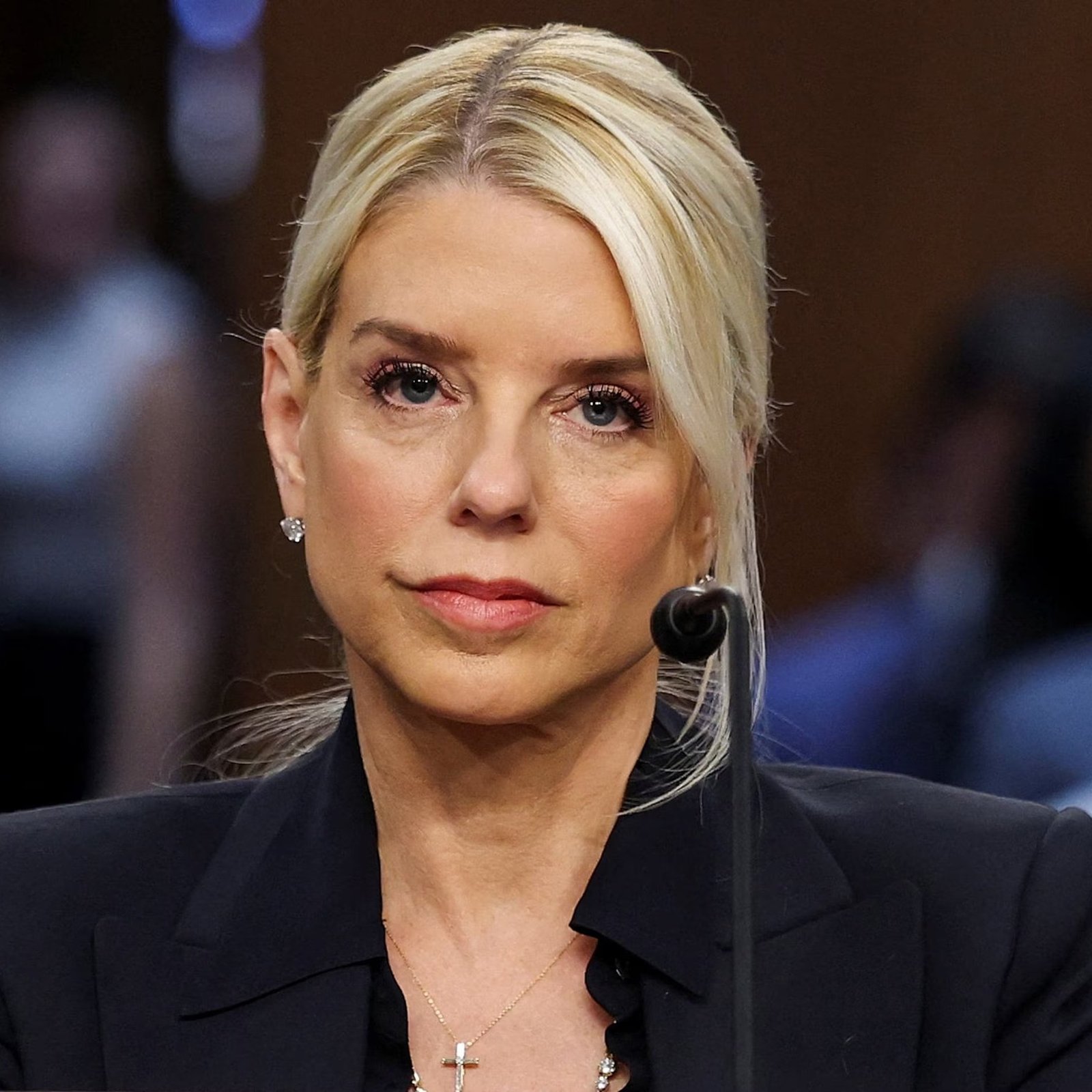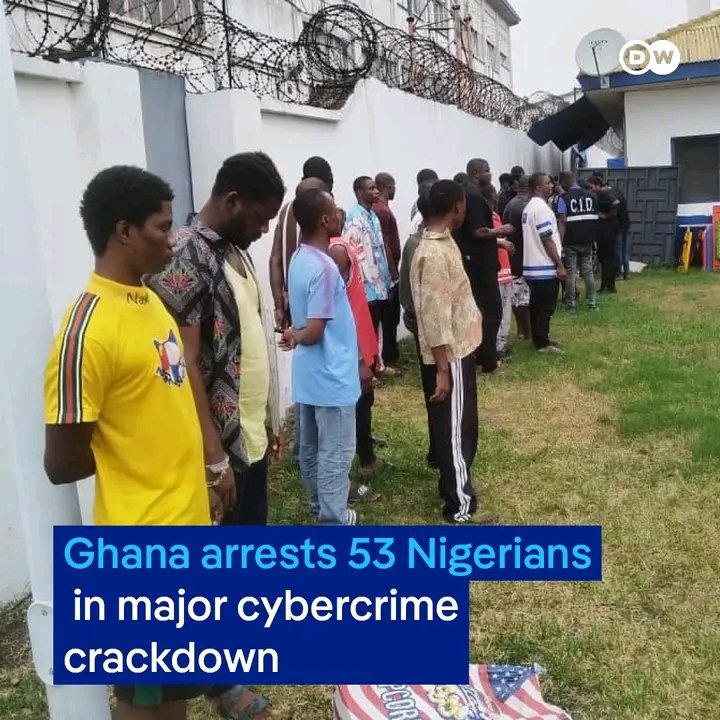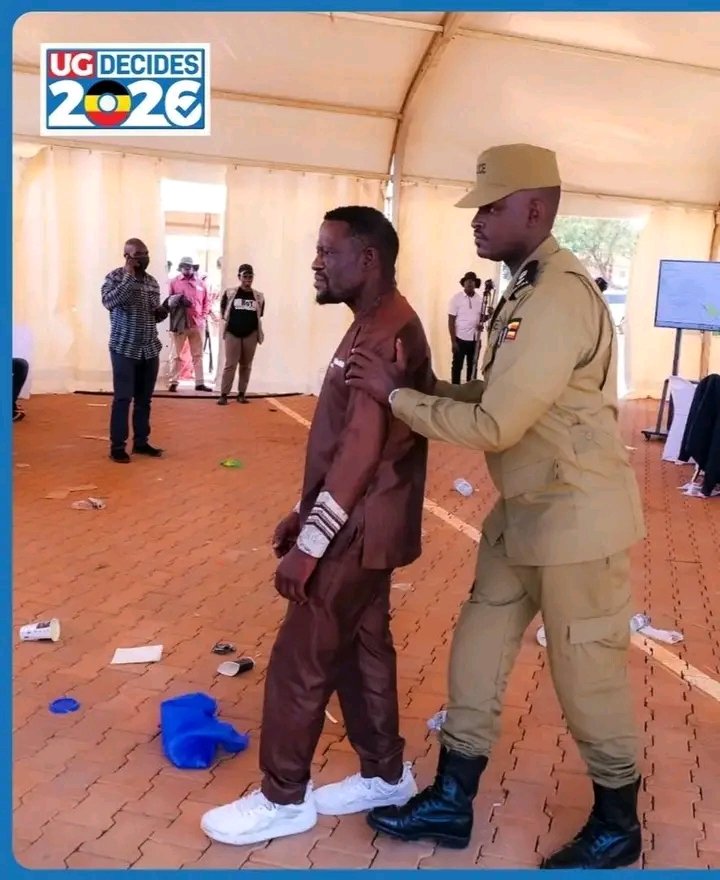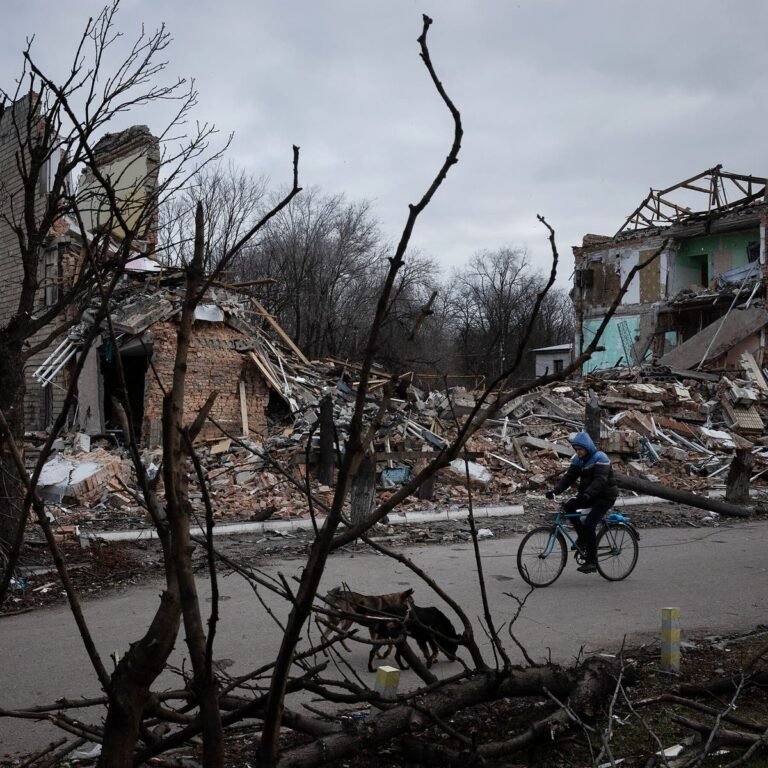
In a significant policy move, the Trump administration has formally designated the anti-fascist movement known as Antifa as a domestic terrorist organization. This action was initiated through an executive order issued on September 22, which directs federal agencies to apply enhanced measures against the group, including increased surveillance and the freezing of assets, similar to protocols used for other designated terror threats.
The administration’s stance was further highlighted in a series of public events. On October 9, the White House released a video featuring journalist Andy Ngo, who detailed alleged acts of violence perpetrated by Antifa, including attacks on journalists and law enforcement officers. This was preceded by a roundtable discussion hosted by Attorney General Pamela Bondi on October 8, during which she promised prosecutions for those involved in funding or participating in Antifa-related activities.
The designation has not been without controversy. Critics, including legal experts and independent fact-checkers, argue that Antifa is not a centralized, structured organization but rather a decentralized ideology or movement. They contend that labeling it as a formal terrorist group presents legal and practical challenges. Some specific claims about Antifa’s involvement in riots in Portland have been debunked by local news outlets, such as The Oregonian, adding to the debate surrounding the administration’s characterization.







